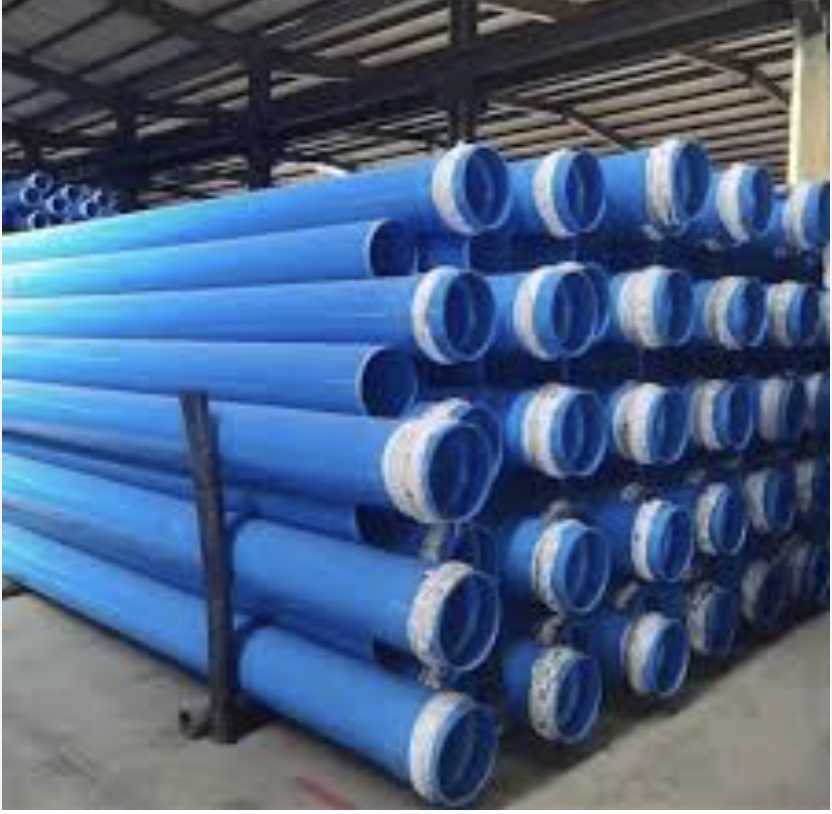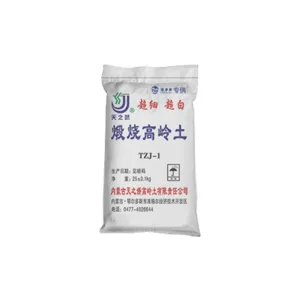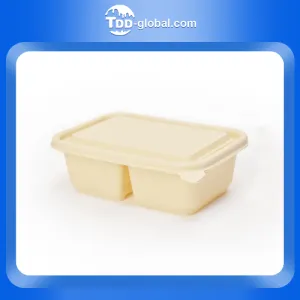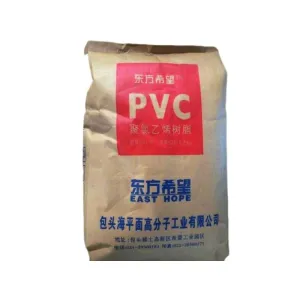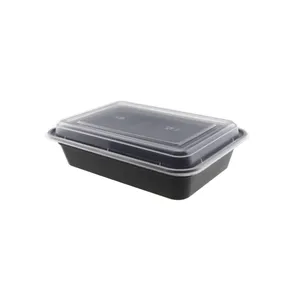Vishnu clinches JK Tyre Racing Championship
In 1900, two brothers, Andr Michelin and Edouard Michelin, created the Hotel and Restaurant Guide to give French drivers a place to go. At the time, there were fewer than 30,000 cars in France. The Michelin brothers thought that the restaurant guide would increase the use of cars and thus the tires produced by the company. This turned out to be quite accurate.
The Michelin Guide has grown into a powerful organization that provides Oscar star ratings for chefs and restaurants around the world. At the same time, the 135-year-old tire company itself has moved into the fast lane, with annual sales of 20 billion euros, ranking second in the global tire lottery behind Japan’s Bridgestone.
Michelin is still as forward-looking as it was when it launched its restaurant guide, but this time it is on a mission to reduce the use of tires, not increase it. CEO Jean-Dominique Senard is committed to driving the company down the path of sustainable transportation. If that means fewer private cars and more public transportation, so be it.
In an exclusive interview with Corporporporporate Dossier In an exclusive interview with Corporporporporate Dossier, Senard, Michelin’s first non-family CEO, talks about his plans for India, exposes the link between tires and global warming, and removes the trade-offs. Edited excerpt:
Michelin restaurants are more recognized for their ratings in India than tires. Comment?
Since people don’t buy tires every day, sometimes you might want restaurants to remember your brand. But Michelin is one of the most famous brands in the world and I am sure it will be famous in India soon.
We have recently set up a plant in Chennai to manufacture truck tires and a development center in Gurgaon where we will be hiring engineers trained in our European plants. We are happy to utilize the skills of Indian engineers to develop products not only for India but also for the world. We have Dr. RA Mashelkar on our advisory board to help us do that.
Why did you enter India so late?
Sorry, we can’t be everywhere at once. Emerging markets are very important to our growth strategy and we are investing in Brazil, Indonesia and China.
We entered India through a joint venture with Apollo Tyres, which imported Michelin tires into the Indian market. It gave us experience and we realized that it is a very difficult market and the local companies are very strong. Another factor is infrastructure. Performance is very important for us and tires made in other markets do not perform well on Indian roads.
Why not make low-cost tires for emerging markets?
Incivility. Michelin makes tires for all kinds of vehicles, from bicycles and tractors to cars and airplanes. If a customer wants something, you can’t say no. Some customers may be willing to pay a premium for higher performance, while others may not want it.
Most of the development work is actually done in this secondary market. For example, tires made in Chennai are thicker and stronger, but this increases fuel consumption. We have been using new rubber polymers to eliminate this balance.
About 20 percent of a car’s fuel is used to keep the wheels spinning. In India, we sell tires by convincing customers that they consume less fuel. We have also agreed to recycle and reuse tires in India.
Has the fall in oil and rubber prices hindered the adoption of energy-efficient technologies?
We go through a lot of these cycles. I remember being asked this question when the price of oil dropped to 200, dollars. Even if the price of oil falls to zero, the underlying problem remains. Transportation accounts for 18% of global carbon emissions, and tires alone account for 4%.
We want to be a leader in sustainable transportation. Over the last three years, we’ve invested $100 million of our 200-year R&D investment in R&D because we want to be at the center of technology development, not chasing it. We produce the best tires for electric vehicles. It’s great to see sales of durable tires dropping.
Michelin, from family management to non-family management?
For this change to be successful, the family and the CEO must share the same values. A new CEO can change and modernize, but not change the spirit of the company. For families, I believe it is important that a professional CEO can maintain their core values.
How would you describe your management style?
I consider myself an orchestra conductor. I believe in teamwork. I’m there to provide direction and make sure everyone is free to move forward.
Is this a French management style?
I’m not sure I’m a typical French person. My father was a diplomat, so I grew up in a very international atmosphere. Michelin originated in France, but it is a very international company. In the United States, people believe it is an American brand and we are very happy.
Five things to consider
1. Business cycles come and go. Think long-term.
2. be at the center of technological developments and social trends. Don’t just copy it.
3. Innovation sometimes reduces sales due to the long life of the product. Live with it.
4. Give direction and step back. Don’t micromanage.
5. know where your customers come from and where they go.
Recommended Suppliers
 September 23, 2024
September 23, 2024  June 3, 2024
June 3, 2024  June 3, 2024
June 3, 2024  June 3, 2024
June 3, 2024  June 3, 2024
June 3, 2024 





